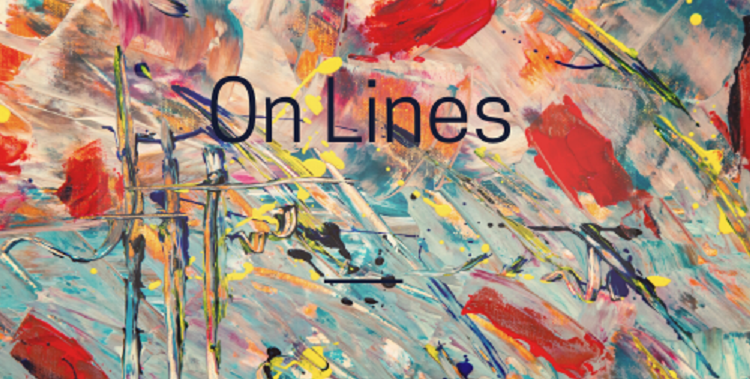Albus McInerney edits a literary magazine.
We have been lost without Marianne. The equilibrium of argument and opinion in our little coterie is askew. We haven’t experienced deadlock or actual ill feeling, but a certain dynamism has departed, and the disagreements that used to drive our decision-making have been replaced by diffidence.
Dimitri, who developed the strongest rapport with Marianne, has proposed a potential replacement, a specialist in colonial literature, who – from her academic perch in Banjul – has sent us a rather entertaining analysis of a poem by John Betjeman. Submitted for publication, it has also served as a sort of job application.
The choice of poem is perhaps a tad eccentric. The Irish Unionist’s Farewell to Greta Hellman in 1922 may not be everyone’s Betjeman cup of tea. It’s about a romantic path not taken: the poet unsparingly observes the wisdom and rightness of a rejection. This might conventionally have been rendered with the utmost melancholy and book-ended with a dying fall – but Betjeman goes at it at a hundred miles an hour.
Oh! The fighting down of passion!
Oh! The century-seeming pain –
Parting in this off-hand fashion
In Dungarvan in the rain.
‘That’s a gnat’s whisker away from doggerel,’ Kim said with uncharacteristic vigour.
The Dungarvan in the rain trope ends each of the five verses, which are dense with closely observed and creatively communicated detail – something our prospective colleague dealt with succinctly in her analysis.
Patrice wasn’t persuaded by her argument that the poem is about Britain and Ireland. The woman’s ‘golden hair’ described in the first stanza appears again at the end, as ‘streaming gold’. Her smile is “slow and sad” and her eyes are ‘slanting blue’.
‘She’s just a woman,’ he said. ‘She isn’t a whole country.’
‘Isn’t that a bit literal, Patrice?’ Dimitri asked. Sometimes Dimitri’s tone is more sarcastic than sardonic.
‘The country and the woman cannot be treated separately,’ Kim said. ‘Betjeman was threatened with assassination when he was posted to Dublin as a British diplomat in the 1940s. He sets the scene in 1922 – which offers a rather sinister context. Consider:
Gusts of Irish rain are sweeping
Round the statue in the square;
Corner boys against the walling
Watch us furtively in vain,
I completed (no doubt redundantly) the rest of the verse:
And the Angelus is calling
Through Dungarvan in the rain.
‘It’s a description of two people,’ Kim said, ‘but also a country at a particular stage in its history – immediately after separation from Britain.’
‘Which is the author’s point,’ Dimitri said.
‘She doesn’t make the point in a very rigorous way,’ Patrice sniffed.
‘I think she examines key themes very . . . competently.’ I might have chosen something more fulsome than ‘competently’.
‘Can you tell us more about her?’ Patrice asked.
‘She’s been in prison,’ Dimitri said.
There was across the Zoom-sphere a great silence, until Patrice asked, ‘Prison?’
‘She led a protest,’ Dimitri explained. ‘She got some of her students to follow her from the university down to the centre of town where they picketed the bus station.’
‘The bus station?’
‘The protest was about bus fares.’
And so, we considered the lady from Banjul’s choice of poem in a new light. Perhaps her perspective on a doomed love affair in the very south of the south of Ireland in 1922 was illuminated by experiences different from ours.
‘The metre is all wrong, though,’ Kim said, wrenching the discussion back to the mechanics of verse. ‘Once he sets off from the opening couplet, he simply can’t slow down. It’s a high-speed elegy for lost love – and speed doesn’t mix with heartbreak.’
‘It is the metre of a rainy afternoon,’ I said.
‘In a rainy country,’ Patrice added.
‘It’s about love in a cold climate,’ Dimitri said.
‘And our colleague from Banjul has thoroughly analysed the underlying themes,’ Kim acknowledged. ‘I do disagree with her conclusions, but I’d be happy to take that up with her in person.’
‘As would I,’ Dimitri said.
Patrice seconded.
‘Then, we have a new member of the team,’ I said.
After this, with a sense of considerable contentment, we moved on to other business.
